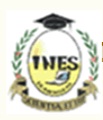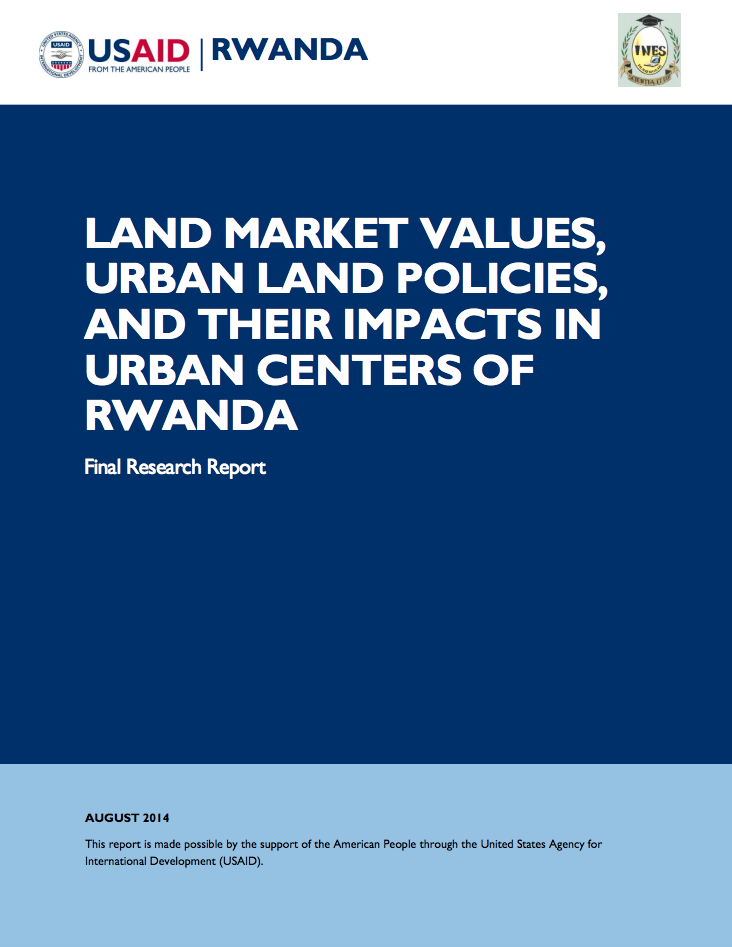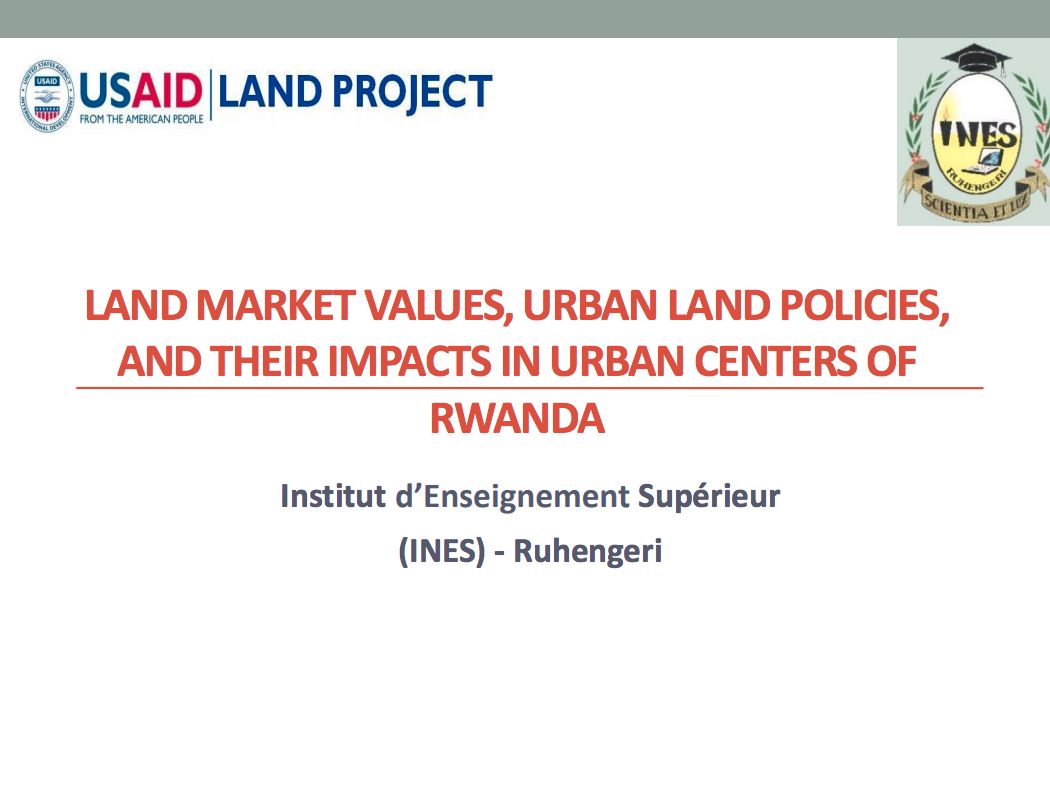Location
INES as an Institute of Applied Sciences and its characteristics
Since its creation in 2003, INES chose following experts’ recommendations and the surrounding communities’ orient its teachings to Applied Sciences. By applied we mean that all the taught sciences at INES are applied to the population daily problems, seeking to propose answers to them.
INES programs titles and contents have been formulated and redesigned with this orientation in mind Competence based learning Student centered approach Labour market orientation Relation with professional Institutions Applied research in connection with Regional Development
Knowledge circulation is a key strategy to position INES in the external environment and to shape the interrelation between academic services and regional/ labour market developments. The concept of knowledge circulation is translated into a model to connect the learning process with knowledge creation (of individuals, groups, the organization – internal and external), in order to realize continuous change and improvement to achieve the goals required by the clients and the institution.
According to the statutes of INES-RUHENGERI, the mission is expressed as follows: “Contribute through the interactive conjunction between civil society, private sector and public sector to the national and regional development, by providing specialized university education enhanced by research, in order to create competitive enterprises and well paid employment.”
And The vision of INES is expressed in the following phrases: “Universality in each individual; Knowledge in order to unite and better serve the world.”
This mission and vision of INES-RUHENGERI are what made it choose to strategically be a specialized Institution in Applied Fundamental and Social Sciences. This means that INES-RUHENGERI in its learning methodology seeks to balance theories and practical in order to give to students, responsive competences i.e. competences that they can use to provide sustainable solutions to various day-to-day problems of the society.
This is done using several tactics. Among them we can state: - The choice of departments which are really practical oriented and problem solving like Rural Economics, Statistics and Applied Economy, Biotechnology, Enterprise Management dedicated to Small and Medium Enterprises (SME) etc; - Respect of MINEDUC regulations;
- Promotion of research on the market needs and possible answers to be given; - Organisation of special programs according to specific needs of the society; - Promotion of partnerships with public, private and civil society organisations.
Members:
Resources
Displaying 1 - 2 of 2Land Market Values, Urban Land Policies, and their Impacts in Urban Centers of Rwanda
The main objective of this research is to investigate land market values, urban land policies and their impacts on urban centers in Rwanda. Three (3) specific objectives can be distinguished namely: a) Evaluating the determinants of urban land markets; b) Analysis of trends in urban land markets and values; and c) Assessing impacts of urban land prices and policies.
Policy Brief: Land Market Values, Urban Land Policies, and their Impacts in Urban Centers of Rwanda
This policy brief summarizes the main findings and recommendations of qualitative and quantative research on urban land markets in Rwanda. The main objective of this research is to investigate land market values, urban land policies and their impacts on urban centers. Three (3) specific objectives can be distinguished namely: a) Evaluating the determinants of urban land markets; b) Analysis of trends in urban land markets and values; and c) Assessing impacts of urban land prices and policies.



